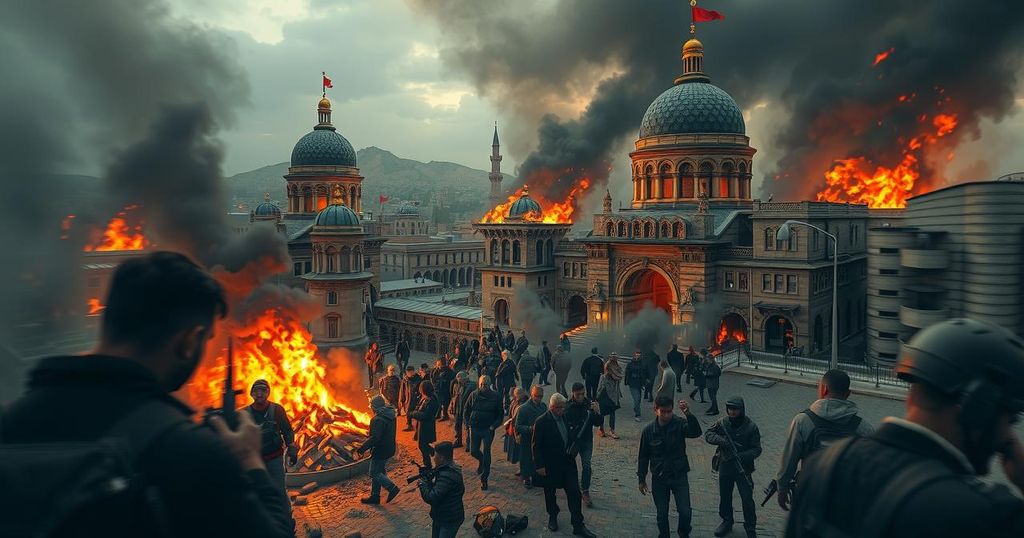The Escalation of Conflict: Israel and Iran’s Cycle of Retaliation

Israel has launched airstrikes against Iranian military targets in retaliation for a missile barrage from Iran on October 1. This marks a significant escalation in the ongoing conflict between the two nations, reflecting heightened tensions in the Middle East.
The ongoing conflict between Israel and Iran has escalated into a series of violent retaliations, with Israel conducting airstrikes against Iranian military installations. This response marks an intense development in the situation, as it follows an earlier missile attack by Iran on October 1 aimed at Israel. The latest airstrikes underscore the fragile state of regional security and the persistent threat posed by Iranian military actions, which are perceived as direct provocations against Israel. Such hostilities further complicate the geopolitical landscape of the Middle East, raising concerns among international observers about the potential for wider conflict.
The Middle East has often been a theatre of conflict, particularly involving Israel and Iran. The animosity between these two nations has historical roots, stemming from geopolitical interests, religious differences, and territorial disputes. Recent missile strikes fired by Iranian forces at Israel have exacerbated tensions, prompting retaliatory measures from Israel. This cycle of attacks and counterattacks exemplifies the precarious balance of power in the region and the challenges of establishing peace amidst ongoing hostilities. These developments fall within a broader context involving other regional players and global interests, complicating efforts towards diplomacy and conflict resolution.
In summary, the cyclical violence between Israel and Iran exemplifies the unstable dynamics of Middle Eastern geopolitics. Recent military confrontations highlight the urgent need for diplomatic engagement to prevent further escalation. The situation remains volatile, with potential implications not only for the region but also for global security.
Original Source: www.washingtonpost.com








